
Ultimately, the most effective ways to increase happiness, optimism, and resilience depend on each unique individual and each particular situation. Paths to greater wellness are varied. It’s a lot like musical tastes. Different people may prefer Beethoven, Bach, the Beach Boys, Beyoncé, or Bobby Lewis, but the joy each person feels while listening is the same.
 The current approach today is essentially we’ve entered into a culture of freneticism—that’s a Big Think word, and that means we’re really busy. But I believe we’ve created the business on ourselves.
The current approach today is essentially we’ve entered into a culture of freneticism—that’s a Big Think word, and that means we’re really busy. But I believe we’ve created the business on ourselves.
- By Lisa Kramer
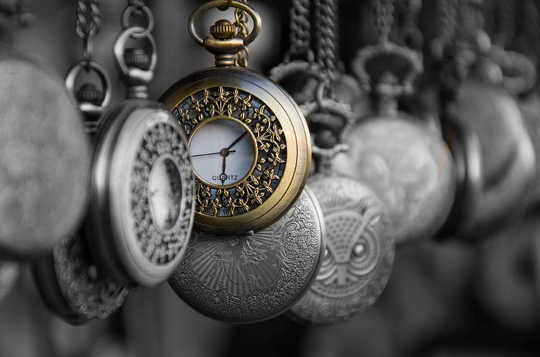
At this time of year, many of us delight in the extra hour of sleep that comes with turning the clocks back. However, when spring rolls around, we invariably curse the loss of sleep that accompanies setting the clocks forward.

For decades, personality psychologists have noticed a striking, consistent pattern: extroverts are happier more of the time than introverts. For anyone interested in promoting wellbeing, this has raised the question of whether it might be beneficial to encourage people to act more extroverted. Evidence to date has suggested it might.
- By Linda Graham

Everyone knows what it’s like to be knocked off center, to lose their inner sense of balance and groundedness, at least temporarily, when faced with life’s unwanted curve balls. Whether it’s a troubling health diagnosis, the death of a loved one, a serious car accident, a layoff, or a natural disaster, life can intensely challenge our resilience.
- By Alan Cohen
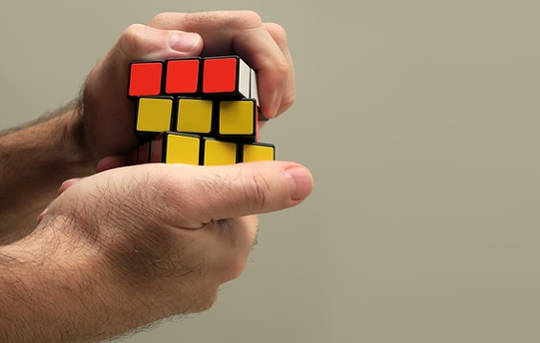
Do you believe that the universe operates at random, or is there a higher intelligence that orchestrates encounters, events, and a stream of destiny? After observing many uncanny synchronicities, I have a firm belief that, despite appearances of haphazardness, a brilliant and loving hand guides us to our right place at the right time for the right purpose.
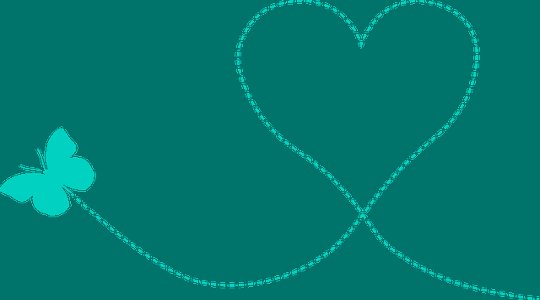
The path with heart has no set of predictable moves to ensure success. It is not a set of routines or a prescription of step-by-step actions; it is a philosophy, a way of seeing and being in the world that leads you to your life task, the contribution that spirit asks you to make.
- By Alex Fradera

Contemplate how a person’s life would be changed by starting to hear or see things others can’t. Now imagine it could offer something good. Clinical psychologist Lily Dixon and her team detail the experiences of seven people who have lived with verbal or auditory hallucinations; amid the struggles, the researchers report, their journeys have also taken them to some positive places.
- By Les Jensen
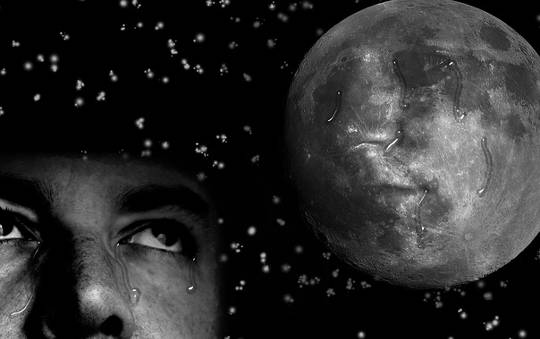
Heaven and hell both exist on this planet today. This day. There is not some day in the future where our free agency to make any choices that we want will be locked down. Where there will be a judgment made, and some eternal status assigned to us. We will not be “assigned” a heaven or hell experience. It is us, the human beings, who decide the fate of humanity.

Talk to high-school students preparing for their science exams, and you’ll probably hear two things: that they’re scared of physics, and relatively comfortable with biology. Strangely, this is contrary to the view of most researchers.
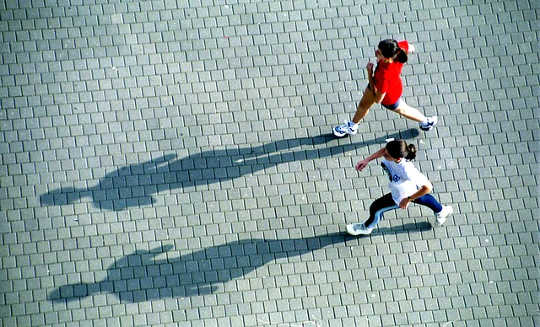
Being passive developed as a pattern for a really good reason -- we were avoiding feeling our emotions (especially sadness) and had to find some place to channel the sensations we were experiencing. Maybe dad was a tyrant and we felt like we had no choice but to be quiet and duck. Maybe our classmates laughed at us when we made a mistake, and we decided being shy was safer.

I am not some enlightened being trying to guide you on a journey he has already completed. That is an old model, partaking of a kind of spiritual hierarchy based on a linear conception of the evolution of consciousness. In the present transition, each of us is pioneering a unique part of the territory of Reunion. In keeping with that, I must offer you my doubt and conflict along with my insight.
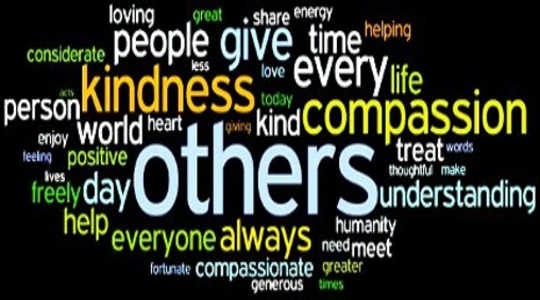
Every now and then I come across an affirmation that really 'hits home'. One of these is "I think and speak only words of love". I found this one in Louise Hay's book "Heal Your Body." When I started using this affirmation, I immediately saw and felt its power-full effects.

Every single thought you have can be assessed in terms of whether it strengthens or weakens you. Authentic wisdom is the ability to monitor yourself at all times to determine your relative state of weakness or strength, and to shift out of those thoughts that weaken you.
- By Ira Israel

I believe that the primary goals of consciousness are to keep us alive and to stave off trauma or potential future trauma. Now if I am correct (and I may not be), then self-harm or the extreme of self-harm — self-annihilation — would be extremely difficult. Consider the statistics...
- By Alan Seale

Success and failure only have to do with ego. The soul is busy taking a journey and having experiences from which it will learn. It knows nothing of success and failure. The soul only knows truth, honesty, and integrity...

Whether you were born in December, January, August or September can have a significant and long-lasting impact on your life. Our new research shows your birthday month may also contribute to shaping your personality. In particular, we found people’s self-confidence can significantly differ because of their month of birth.
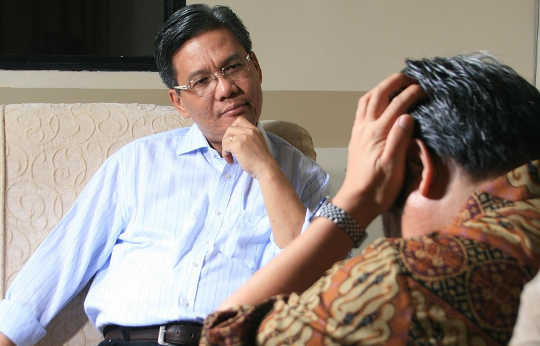
The structured nature of cognitive behavioural therapy (CBT) and its clearly defined principles (based on the links between thoughts, feelings and behaviours) make it relatively easy to train practitioners, ensure standardised delivery and measure outcomes.

Roger Fisher (1922–2012) served as a reconnaissance pilot in World War II and then graduated from Harvard Law School, becoming a professor there in 1958. Witnessing maiming and death firsthand during the war and then seeing the destructive effects of costly, protracted litigation as a partner in a major law firm, Fisher was passionate about finding more creative alternatives to resolve conflict.
- By Andy Towers

Mention hazardous drinking and most of us imagine teenagers or students getting drunk, causing havoc and filling our emergency departments on a Friday night. But what if I told you that we should be just as worried about how much our parents and grandparents are drinking?

The paths we take in search of happiness often lead us to frustration and suffering instead. We try to create outer conditions that we believe will make us happy. But it is the mind itself that translates outer conditions into happiness or suffering. After 2,000 years of practice, Buddhist monks know that one secret to bliss is to put your mind to it.
- By Nadja Heym

Most people think they know what a psychopath is: someone who has no feelings. Someone who probably tortured animals for fun when they were little. But here are five things you probably didn’t know about psychopaths.
- By John Leach

The term give-up-itis was coined by medical officers during the Korean War (1950-1953). They described it as a condition where a person develops extreme apathy, gives up hope, relinquishes the will to live and dies, despite the lack of an obvious physical cause.
















